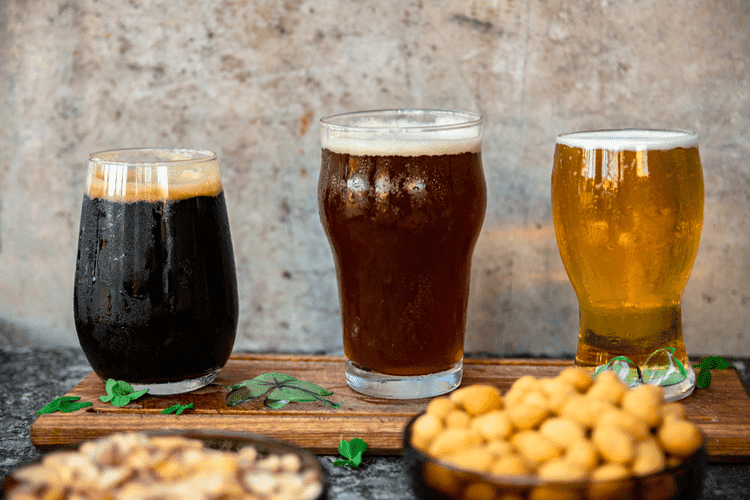Refrain for a few days, and the body will automatically lower the level at which alcohol produces its effects. After this time, people who couldn’t previously get drunk after 5-6 drinks feel alcoholic effects after one drink. Prolonged heavy drinking causes the brain to adapt, especially in areas that manage pleasure and stress, leading to alcohol dependence. However, your body is highly adaptable; it can adjust to regular heavy drinking. Your nervous system communicates through inhibitory and excitatory chemicals.
- Also, don’t go for sugary or high ABV drinks unless you are confident enough to drink them with control.
- But if they start drinking at their previous levels again, alcohol-related impairments in cognition and behaviour could return – but after having smaller amounts of alcohol.
- Here you can find useful links and phone numbers to get the support you need.
- Dramatic changes in drinking habits, for instance—such as drinking heavily, very often—can change tolerance.
Professional Assistance
If you continue to drink alcohol and suffer from alcohol intolerance, this is likely to cause liver damage. Instead, you should seek help from an immunologist at a specialist allergy clinic. There, they will perform a skin prick test, during which a drop of alcohol is applied to the surface of your skin before being pricked with a fine needle and observed for a potential reaction. If any of these are positive, it would mean you have an allergy to alcohol.
- GABA is an inhibitory chemical that slows down activity when it’s time to rest and relax.
- This is a simple rule, since tiredness will lead to more drunkenness and you losing control faster.
- While there are instances of metabolic tolerance, the most common types of tolerance are developed through the experience of the person drinking alcohol.
- However, high tolerance increases your risk for other problems, such as functional or metabolic tolerance, alcohol dependence, and alcoholism.
- When nerves are unable to receive signals, the brain cannot share the consequences of intoxication with the body.
Rob Gronkowski Got Hit by a Flying Can of Beer During Victory Parade

Having a high tolerance to alcohol https://edinstvo-news.ru/page/6/ can also be a sign of an alcohol use disorder, also known as a pattern of alcohol abuse or alcohol addiction. Some research studies have suggested that ethnicity can affect alcohol tolerance. For example, people of certain racial and ethnic backgrounds, particularly people who are East Asian, have a higher prevalence of alcohol sensitivity, due to genetic factors.
Overcoming Alcohol Dependence
- If you’re ready to find help for yourself or a loved one, call our helpline today for more information about alcohol abuse treatment options near you.
- Staying hydrated before and during drinking is another way to boost tolerance.
- Consequently, you will become more tired and lose control over yourself.
In the United States, its legality and cultural acceptance have made it so that the vast majority of people in the country have had it at least once during their lifetime. Anyone who’s been around drinking culture enough knows the concept of the drinking game. It is a contest to see who can “hold their liquor” or drink without being significantly affected by alcohol.
Also, if you drink a lot in a short time, you could get alcohol poisoning. This very serious condition happens when there’s too much alcohol in your blood, potentially resulting in vomiting, seizures, passing out, and, in the worst case, death. Increasing your alcohol tolerance is not a good thing because it means you have to drink more https://knitgid.ru/sem-travm-docheri-emocionalno-otstranennoi-materi-borba-s-posledstviyami/ to get the same buzz you used to get with less alcohol.


As a result of lowering the tolerance, one will feel the effects of alcohol after consuming smaller quantities than https://www.yorkshireexpatsforum.com/the-law-of-attraction-in-restoration-from-alcoholism.html before. This method is used to prevent the development of alcohol dependence and alcohol abuse. Some people—including those who are elderly—may get wobbly after one alcoholic beverage, while others need a few drinks to feel any impact. “Body size and composition are significant factors in alcohol detoxification and tolerance regardless of age,” says Dr. Schwartz.